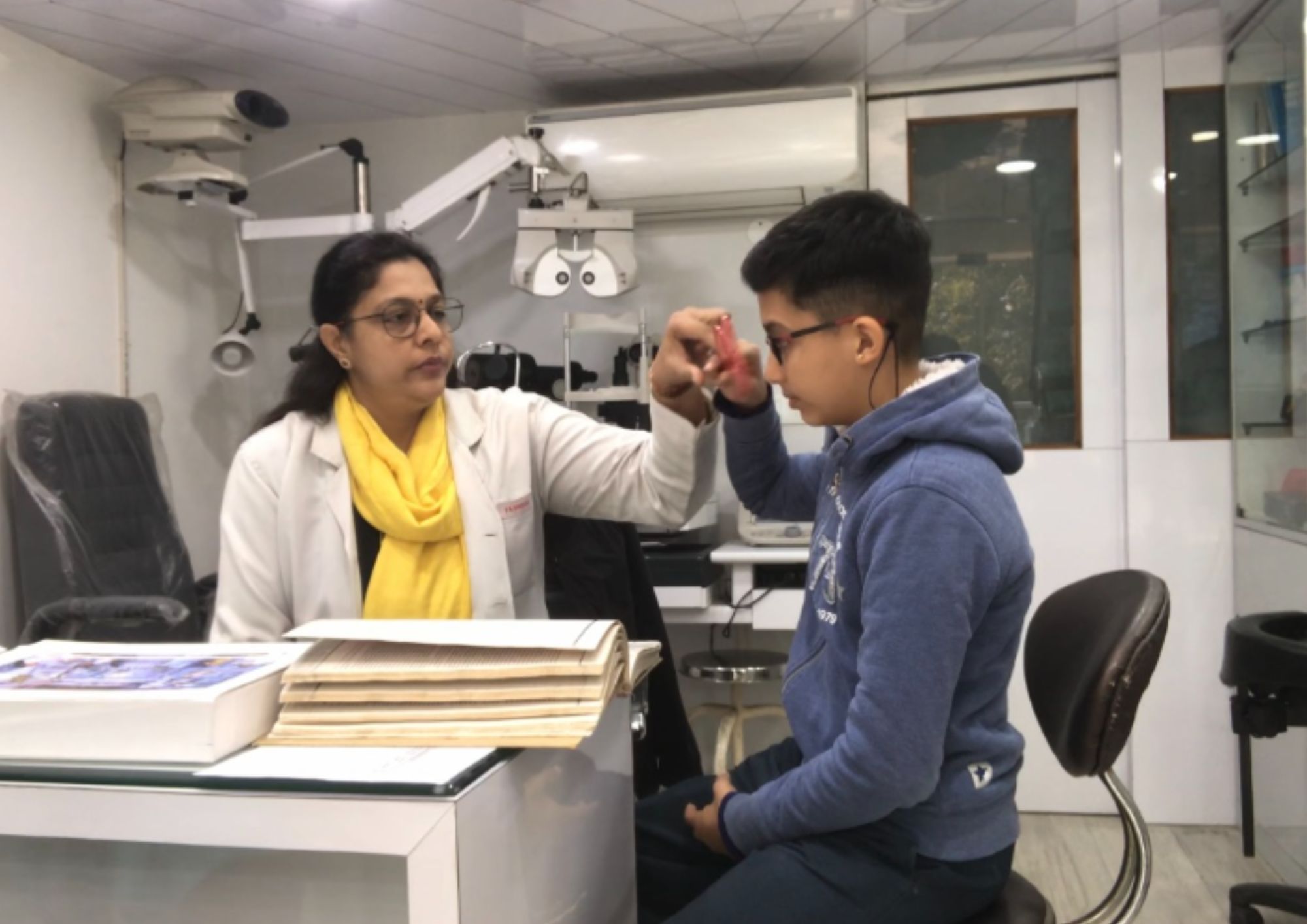Ideal Refractive Surgeries in AL: State-of-the-Art Eye Care
Ideal Refractive Surgeries in AL: State-of-the-Art Eye Care
Blog Article
Understanding the Numerous Eye Issues Treated by Specialized Eye Care Professionals
In the realm of eye treatment, specialized experts play a critical function in diagnosing and treating a wide selection of eye problems. From common refractive mistakes that influence vision clarity to age-related conditions that position difficulties as we get older, the knowledge of these specialists includes taking care of vision-threatening diseases and detailed corneal conditions. The intricacies of neurological eye problems present distinct obstacles that require specialized care. As we start this exploration of the various eye problems attended to by specialized eye treatment professionals, it comes to be apparent that the complex internet of ocular health and wellness holds a myriad of remarkable insights waiting to be revealed.
Usual Refractive Mistakes
Refractive mistakes are usual visual problems caused by a flaw in the eye's capability to correctly focus light, resulting in obscured vision. Astigmatism is identified by an irregularly shaped cornea, resulting in distorted or obscured vision at all ranges. Presbyopia is an age-related condition where the lens loses its versatility, making it challenging to focus on close objects.
These refractive errors can be fixed with various approaches, including spectacles, get in touch with lenses, or refractive surgical treatment. Eye treatment professionals play a critical duty in diagnosing and taking care of refractive mistakes to help people accomplish more clear vision and enhance their high quality of life.
Age-Related Eye Conditions
One of the most common age-related eye conditions is age-related macular degeneration (AMD), a condition that triggers main vision loss and can make activities like reading and driving tough. Cataracts, an additional typical condition among older people, cause clouding of the eye's all-natural lens, leading to obscured vision. Routine eye tests with specialized eye treatment experts are important for very early discovery and management of these age-related eye problems to protect vision and maintain ocular health and wellness as people grow older.
Vision-Threatening Conditions
Vision-threatening diseases incorporate a variety of significant eye conditions that have the prospective to considerably influence an individual's eyesight and total aesthetic feature. These illness position a risk of long-term get redirected here vision loss if not quickly diagnosed and dealt with by specialized eye care specialists. Some typical vision-threatening conditions include glaucoma, diabetic person retinopathy, age-related macular deterioration (AMD), and retinal detachment.
Glaucoma is a team of eye conditions that damage the optic nerve, usually because of high intraocular stress, leading to field of vision loss and possible loss of sight if left unattended. Diabetic retinopathy is an issue of diabetes that influences capillary in the retina, triggering vision problems or blindness. AMD is a dynamic condition affecting the macula, leading to central vision loss. Retinal detachment happens when the retina divides from its underlying tissue, leading to sudden vision loss that needs immediate medical attention (refractive surgeries in al).
Early detection, regular eye tests, and timely treatment are crucial in taking care of vision-threatening conditions to maintain vision and keep high quality of life. Specialized eye care specialists play an essential duty in diagnosing, dealing with, and handling these problems to stop irreversible vision loss.

Corneal Disorders
Corneal conditions incorporate a range of conditions that impact the clear front component of the eye, known as the click over here cornea. Treatment for corneal conditions differs depending on the specific condition yet may consist of medicines, contact lenses, or in serious cases, corneal transplants. Normal eye exams are essential for very early detection and monitoring of corneal problems to protect vision and eye health.
Neurological Eye Conditions
Neurological eye problems entail conditions that affect the connection in between the eyes and the brain, influencing aesthetic handling and overall eye feature. These conditions can manifest in different ways, influencing vision, eye motions, and also the control between the eyes. One usual neurological eye problem is optic neuritis, defined by swelling of the optic nerve bring about vision loss, color desaturation, and discomfort with eye motion.
Another significant problem is nystagmus, where the eyes make repetitive, uncontrolled activities, impacting visual acuity and depth perception. Additionally, problems like amblyopia, commonly referred to as "lazy eye," result from unusual aesthetic growth in early childhood, leading to reduced vision in one eye.
Neurological eye conditions need specific care from experts like neuro-ophthalmologists that have proficiency in both neurology and ophthalmology. Medical diagnosis often involves a comprehensive eye exam, imaging studies, and collaboration with neurologists to address the underlying neurological problems impacting the visual system. Therapy approaches can include medication, vision therapy, or in serious cases, medical treatments to handle these complicated problems effectively.

Final Thought
To conclude, specialized eye treatment specialists deal with a large informative post range of eye conditions, including typical refractive errors, age-related eye conditions, vision-threatening illness, corneal problems, and neurological eye conditions - refractive surgeries in al. By recognizing these numerous conditions and looking for ideal therapy from eye treatment experts, individuals can keep optimum eye health and wellness and vision. It is necessary to prioritize normal eye evaluations and adhere to advised therapy plans to maintain and safeguard one's vision for the future
Report this page